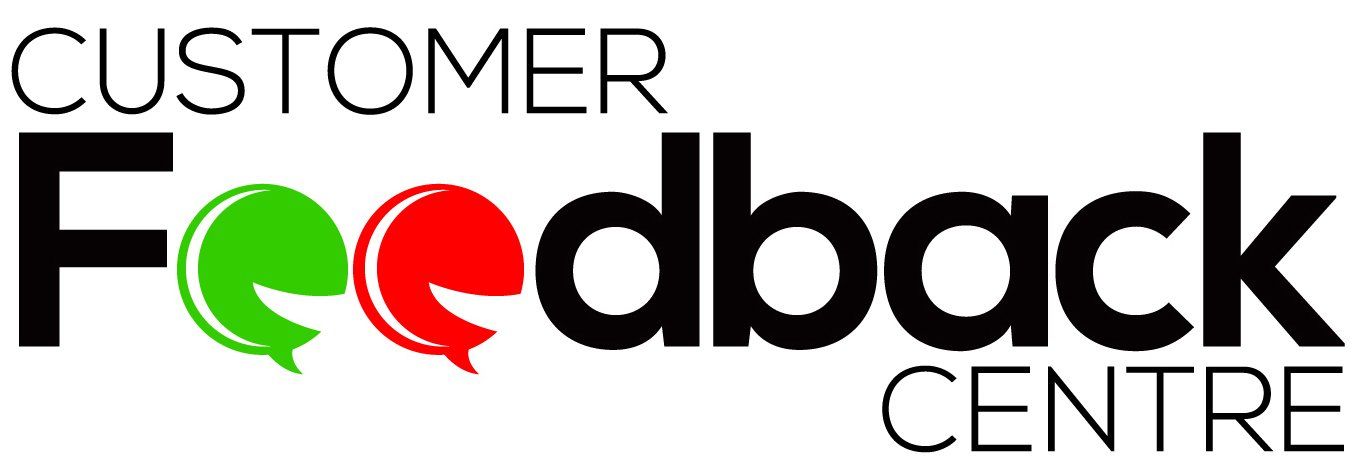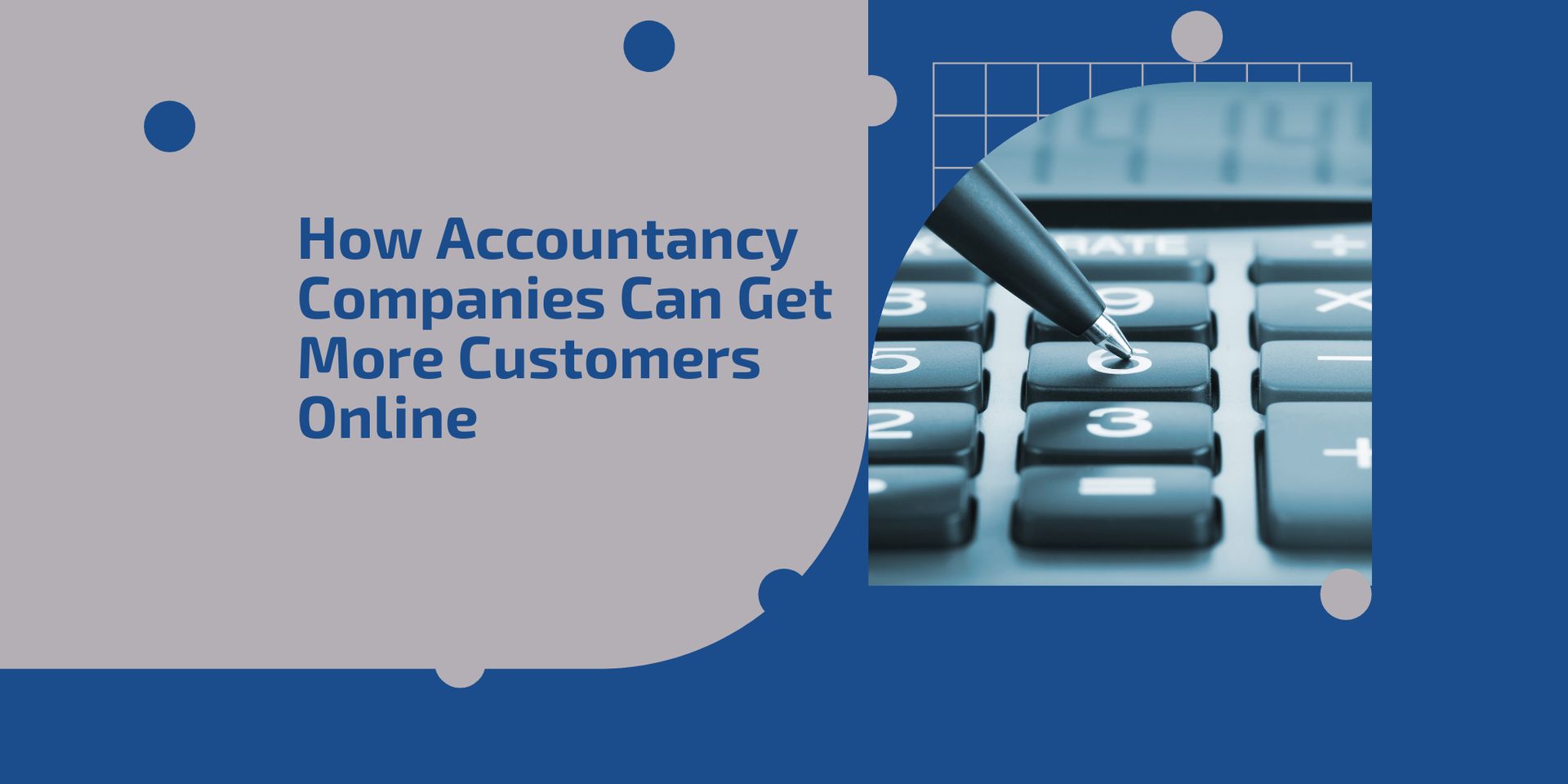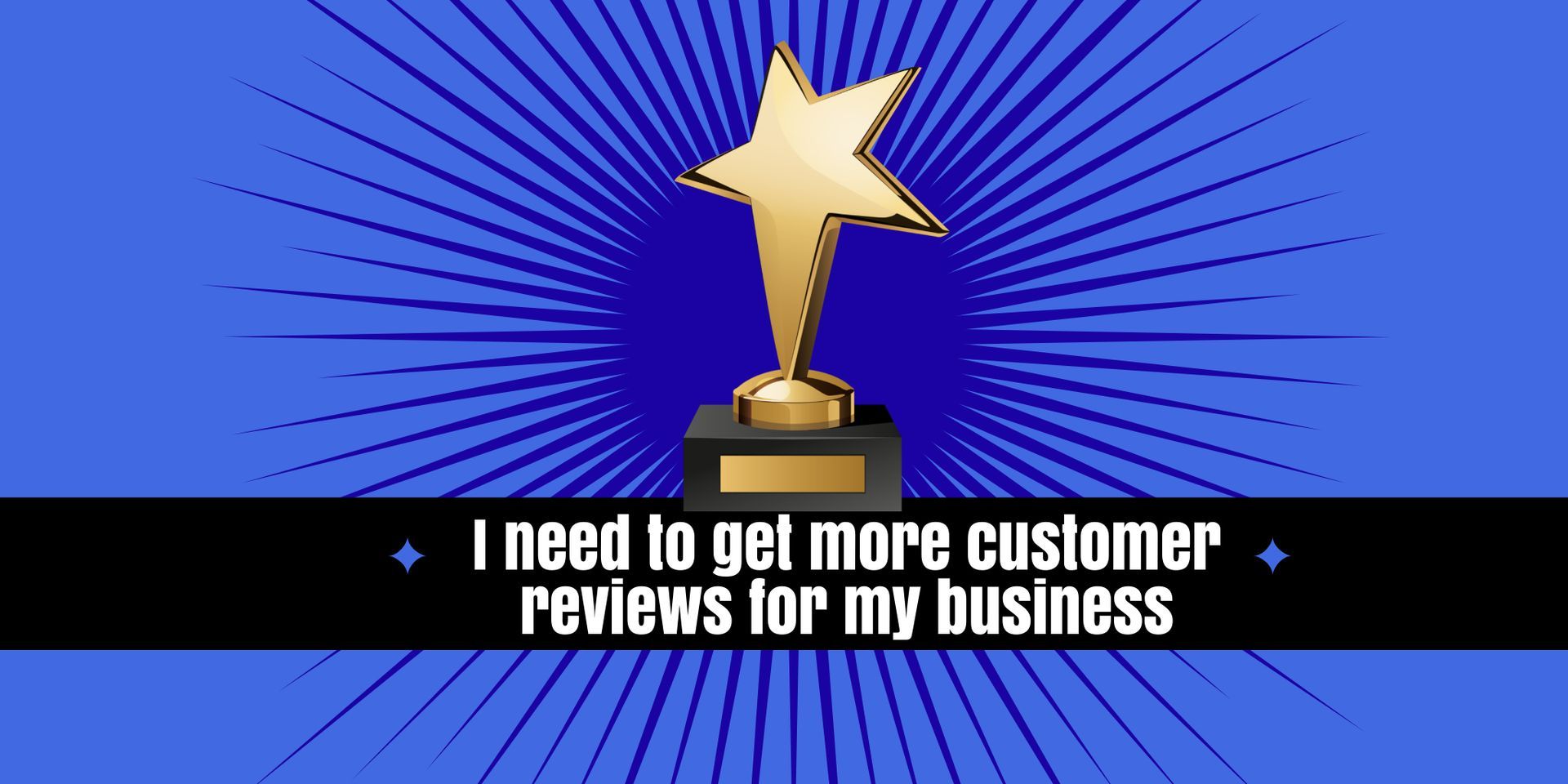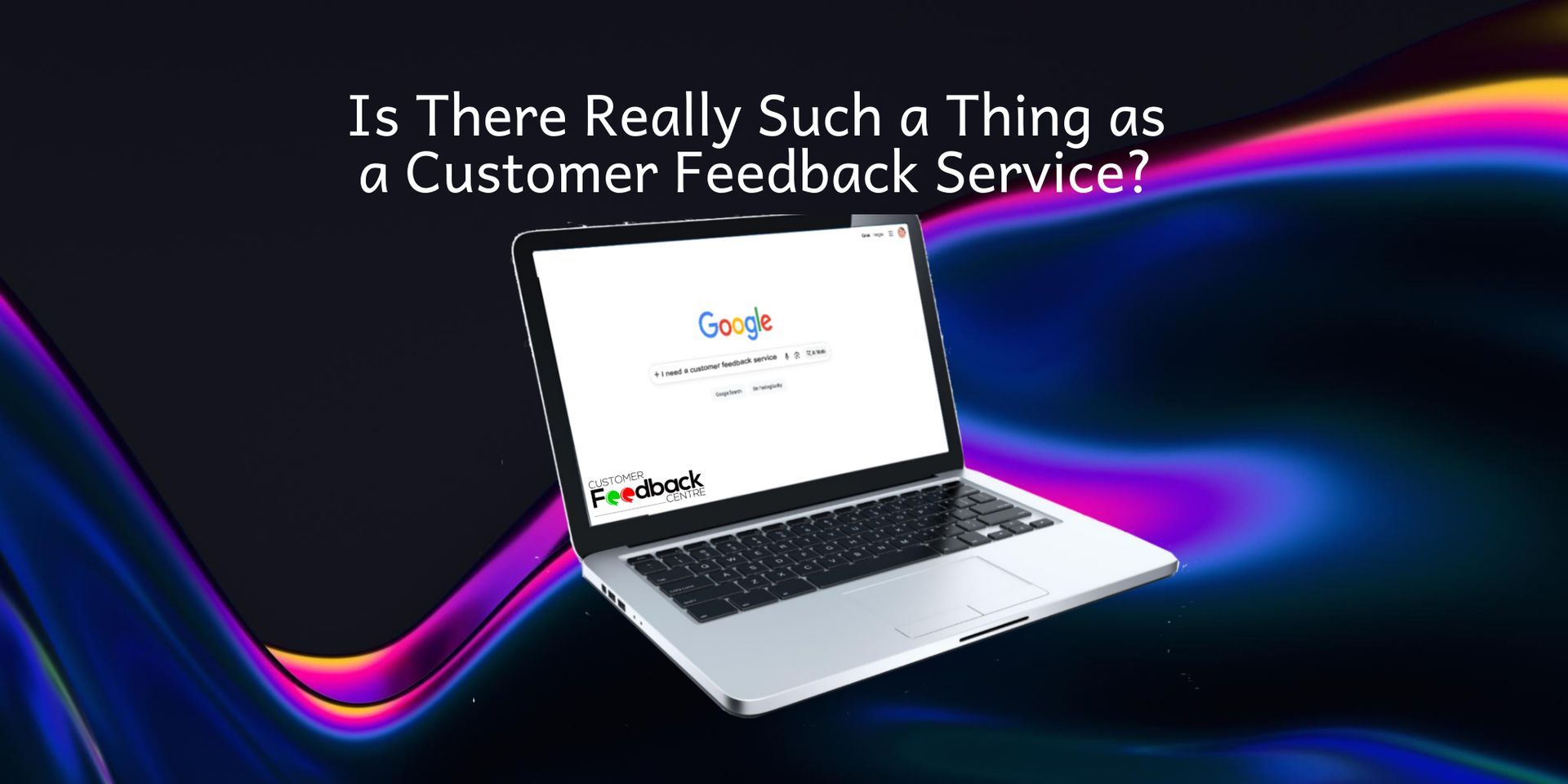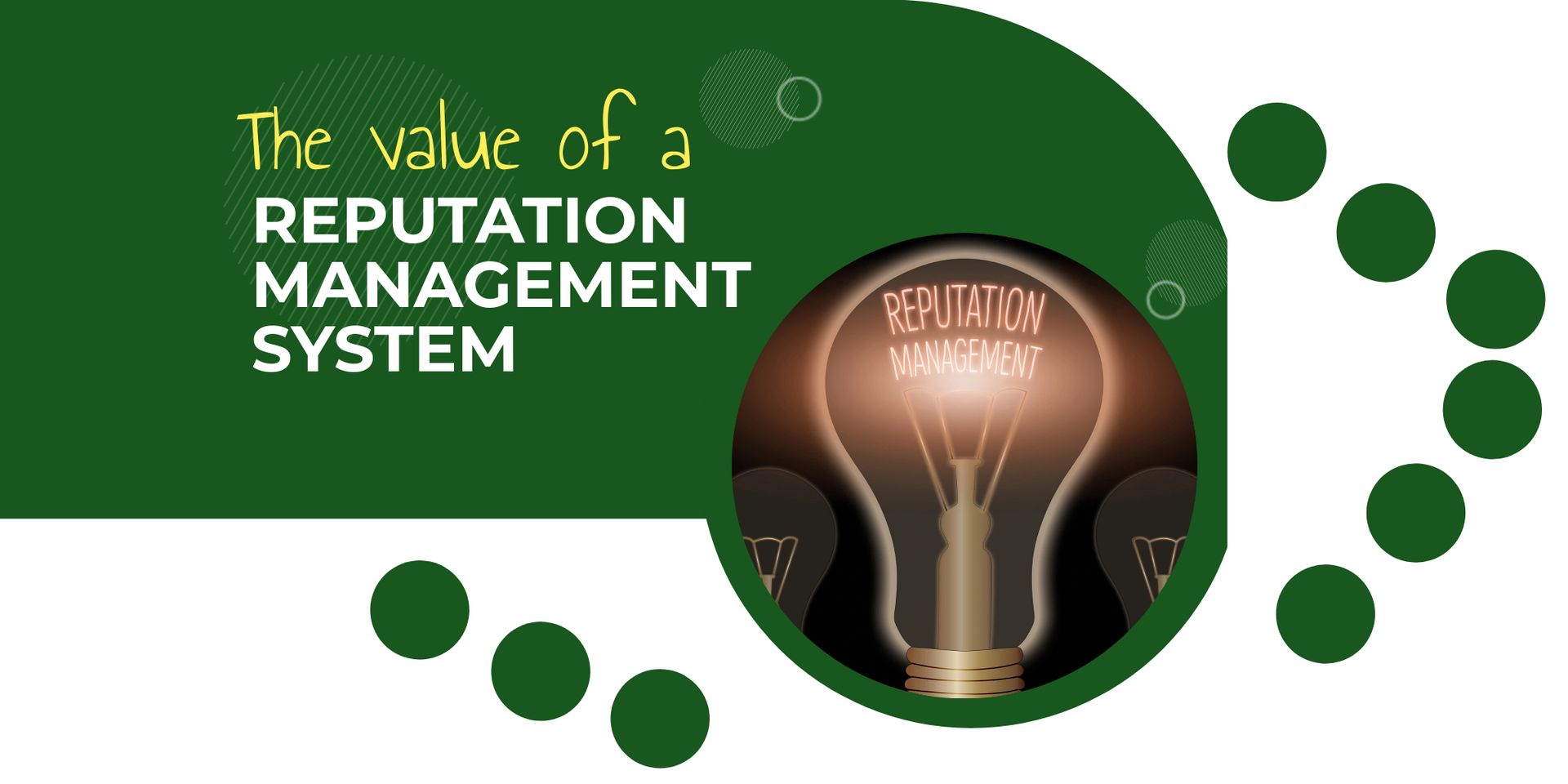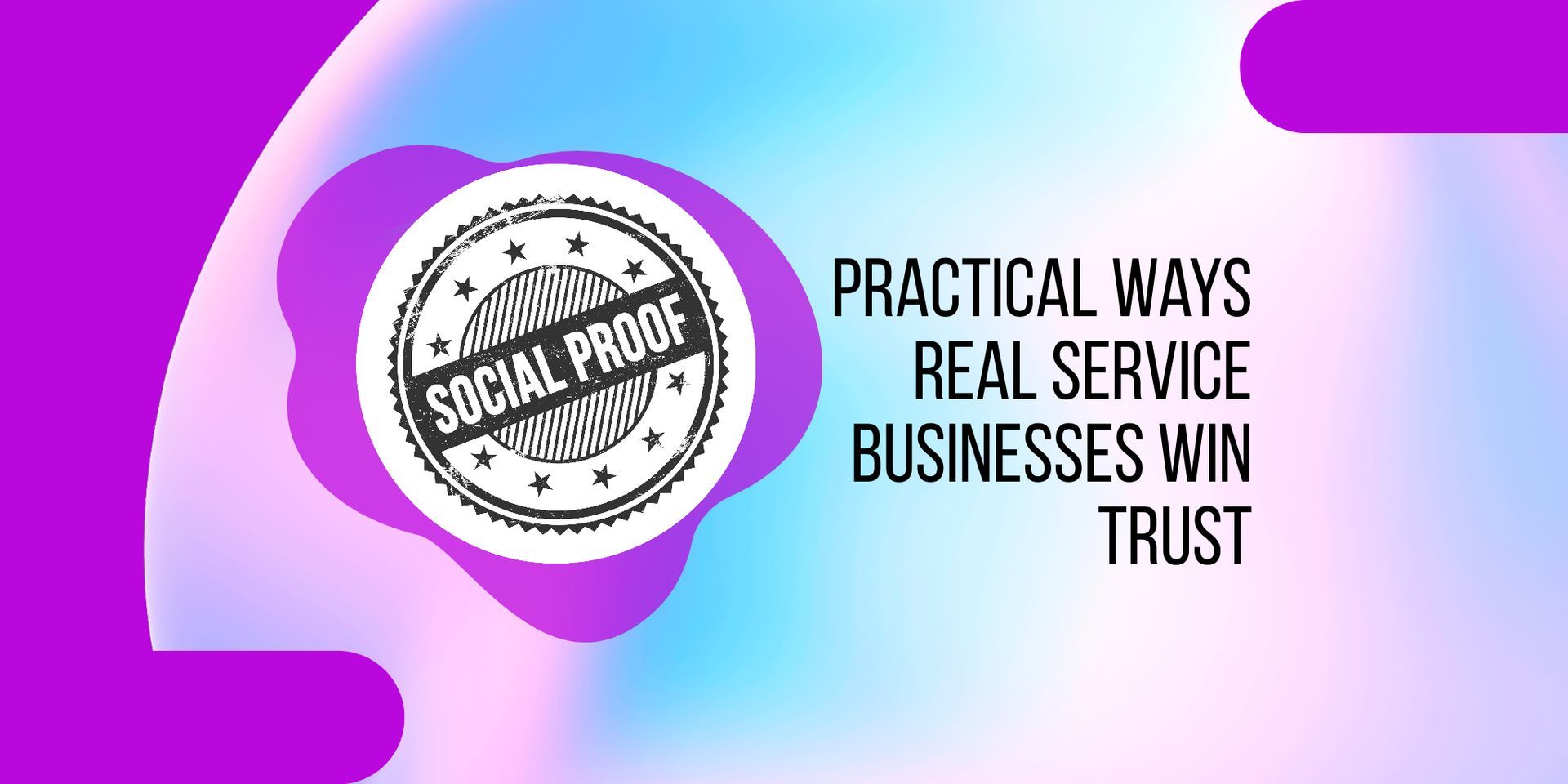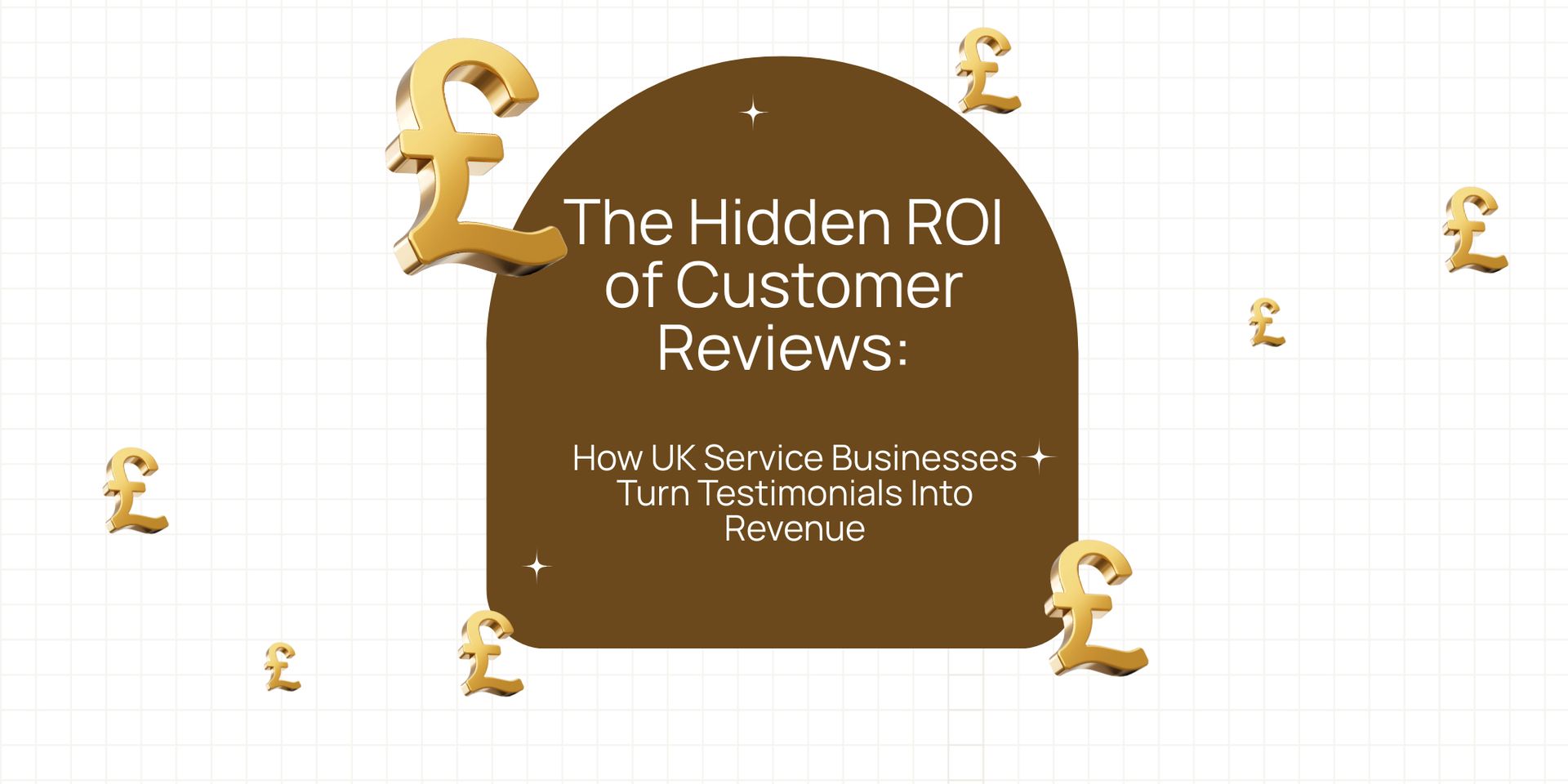Why Customer Feedback Can Make or Break Your Business
Customer feedback has become the currency of trust in modern business
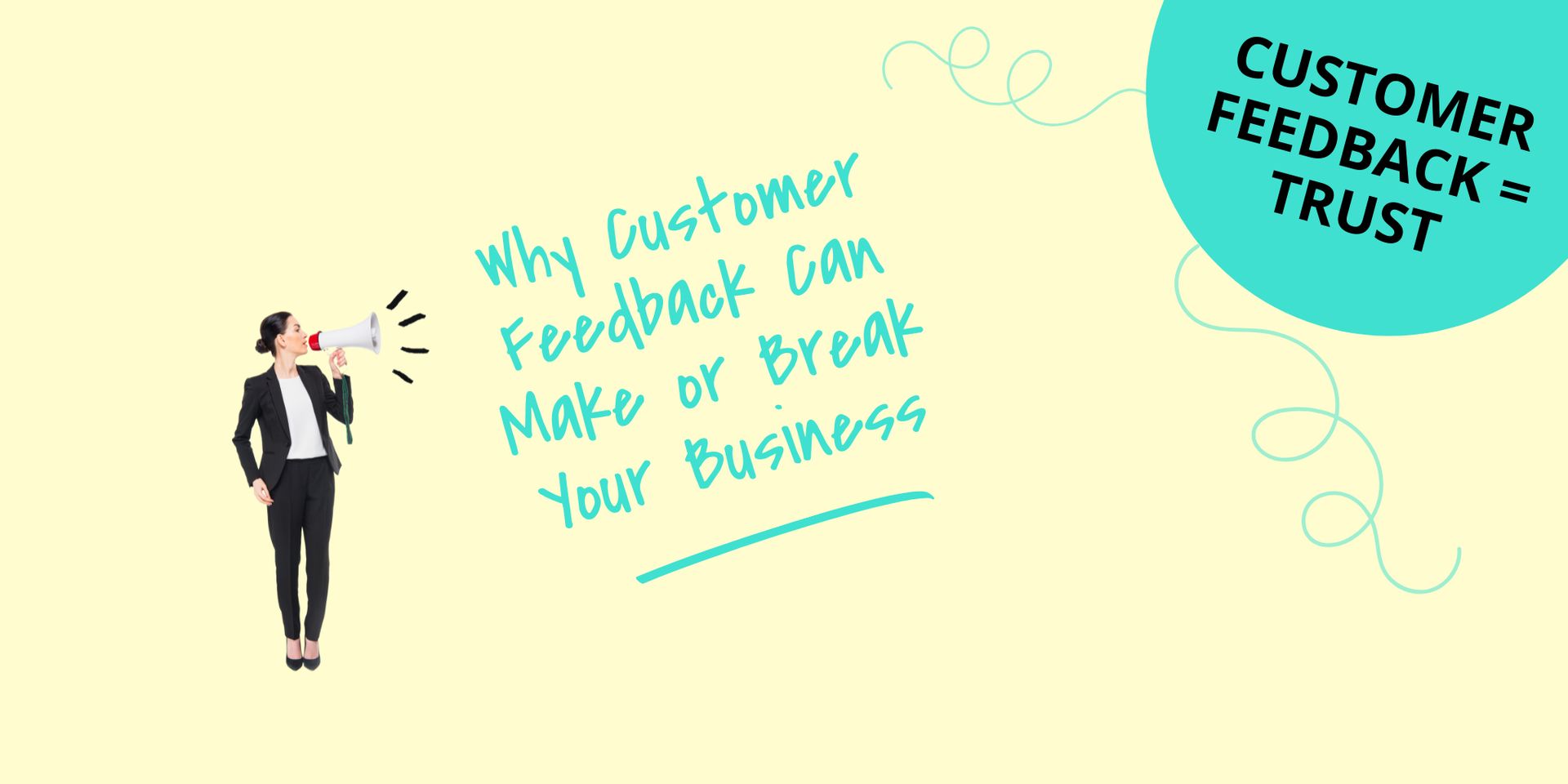
I was chatting with a mate who runs a garage door company recently. He's been in business for twelve years, does solid work, fair prices.
But he's struggling to get new customers while his main competitor – who frankly does a worse job – is booked solid for months.
The difference?
His competitor has 47 Google reviews averaging 4.8 stars. My mate has three reviews, two of which are from 2019.
This got me thinking about something we don't talk about enough: how customer feedback has become the make-or-break factor for UK businesses.
The Harsh Reality
Here's what's happening right now across Britain.
People don't just look up your business anymore – they research you like they're buying a house.
They check Google, Facebook, maybe even Trustpilot. If they can't find enough feedback, they move on to the next option.
I've seen this play out hundreds of times.
A brilliant electrician can lose work to someone less qualified because the other guy has a proper system for collecting reviews.
A physiotherapy clinic is about to close down despite excellent treatment outcomes because they never bothered asking satisfied patients to share their experiences.
It's not fair, but it's reality.
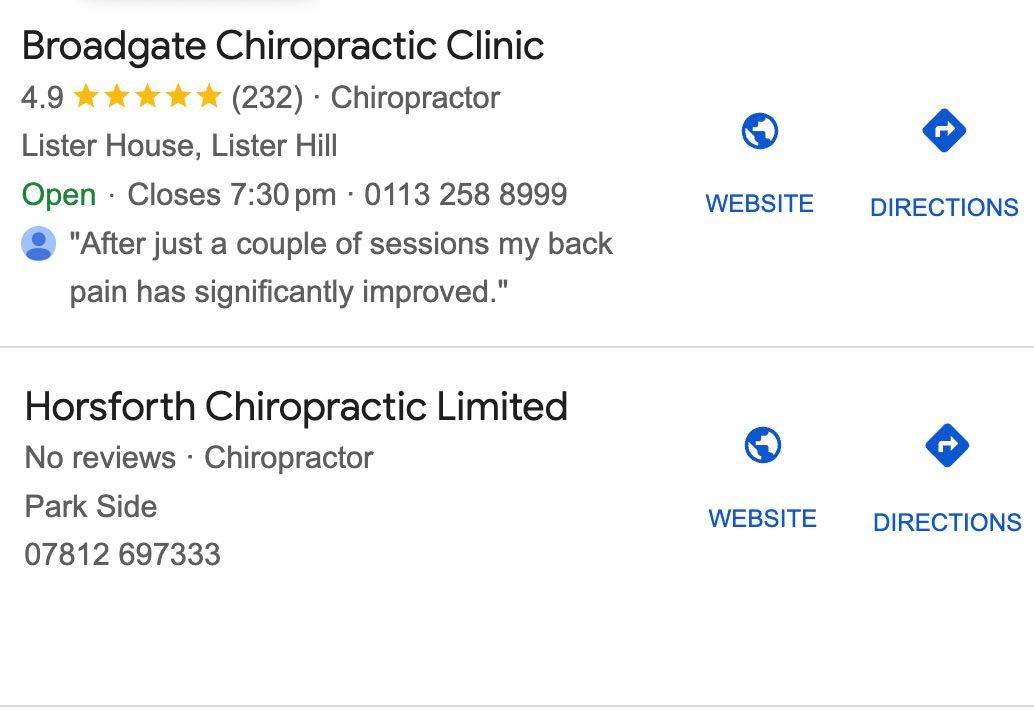
When Customer Feedback Works
Let me tell you about a small opticians locally. Two years ago, they were struggling to compete with the big chains.
They started properly collecting feedback from their customers.
Not in a pushy way – just asking satisfied customers if they'd mind sharing their experience online.
Within eighteen months, they'd built up enough positive reviews that people were specifically choosing their practice over the chains. Their revenue increased as a direct result of this.
The feedback didn't just bring in customers. It helped them spot problems early. When several reviews mentioned long waiting times, so they hired a part-time assistant.
When customers praised their frame selection, they invested in more designer options.
Customer feedback became their business compass.
The Benefits Are Real
When you have genuine customer feedback flowing in regularly, several things happen:
People trust you before they meet you
It's like having your best customers working as your sales team around the clock.
You stand out from competitors
Most businesses in the UK still don't have proper feedback systems. If you do, you're already ahead.
You learn what actually matters to customers
Not what you think matters – what actually does. There's often a big difference.
Problems get flagged early
Instead of losing customers silently, you hear about issues while you can still fix them.
The Cost of Ignoring It
But what happens when you don't have a system in place? I've watched good businesses suffer because they ignored this side of things.
Take a tree surgeon business in Minehead. Excellent work, fully insured, reasonable prices.
But he had no online presence beyond a basic website.
When a competitor started actively collecting reviews, his enquiries dropped by half within six months.
The competitor wasn't better – just more visible online.
By the time this tree surgeon realised what was happening, the competitor had 30+ positive reviews and was ranking higher in Google searches.
Unfortunately, he had to slash his prices just to compete, which hurt his margins badly.
The Silence Problem
Here's something most business owners don't realise: when customers can't find feedback about you, they assume the worst. It's not logical, but it's human nature.
A local woman last month who needed her boiler serviced. She found three local engineers online. Two had plenty of reviews, one had none.
Guess who didn't get the call?
The engineer with no reviews might have been the best of the three, but she'll never know because she didn't feel comfortable taking the risk.
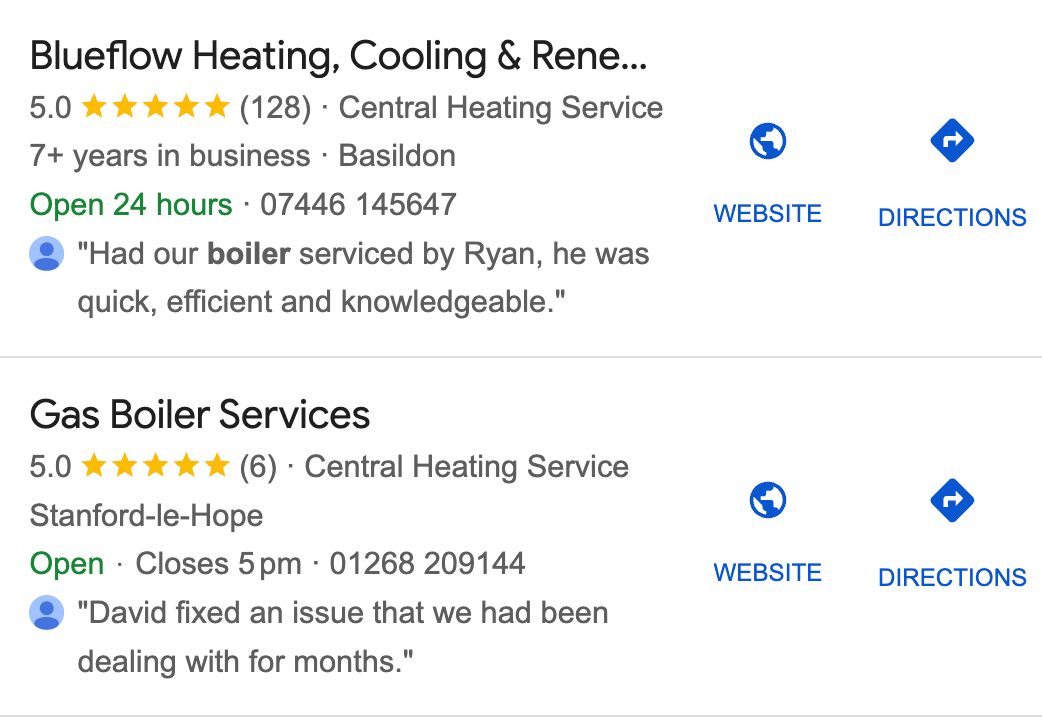
The Negative Feedback Trap
Without a proper system, the only feedback that tends to surface publicly comes from your most dissatisfied customers.
Happy customers usually don't bother leaving reviews unless you ask them to.
This creates a skewed picture. You might have 200 satisfied customers and 2 unhappy ones, but if only the unhappy ones leave reviews, that's all potential customers see.
What Actually Works
The businesses doing well aren't necessarily the best at what they do – they're the best at showing they're good at what they do.
A driving instructor told me he increased his bookings by simply asking each student who passed their test to leave a quick review.
Nothing fancy, just a polite request at the end of their final lesson.
A dog grooming business started sending follow-up texts asking how their pets were doing, with a gentle request for feedback if the owner was happy.
They ended up being pretty much fully booked for a few months.
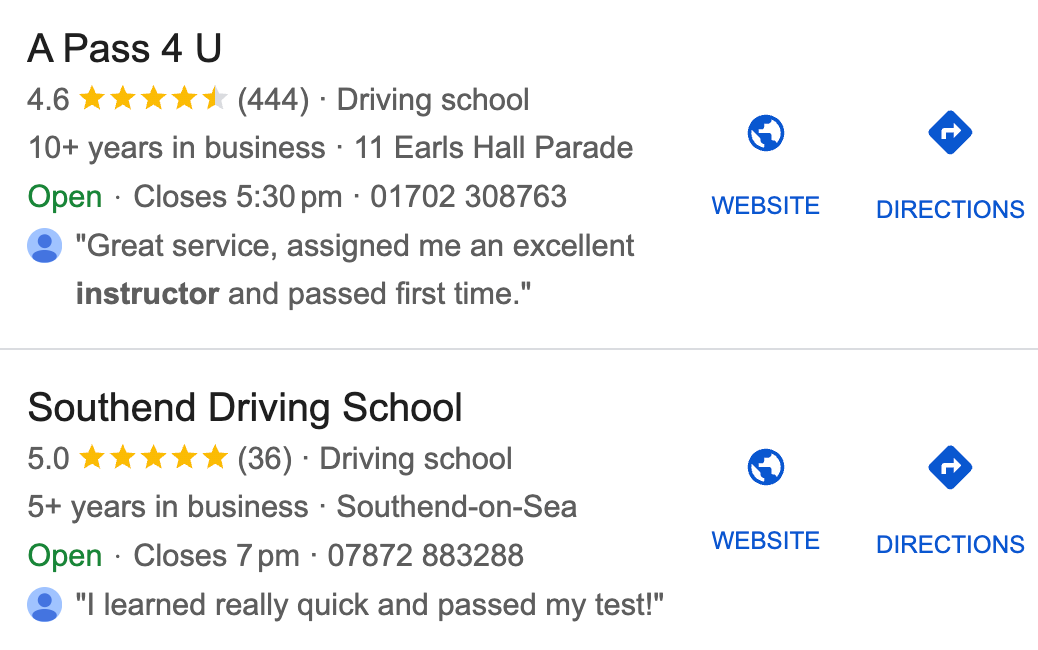
The Response Factor
Here's something crucial: it's not just about collecting feedback – it's about responding to your customer's feedback.
When someone takes the time to leave a review, acknowledging it shows you care about your customers.
Even negative reviews can work in your favour if you handle them professionally.
I've seen businesses turn one-star reviews into five-star customers by responding thoughtfully and fixing the problem.
Looking Ahead
The businesses that will thrive in the next few years are those that understand customer feedback is no longer optional.
It's not enough to do good work – you need to make sure people know you do good work.
This isn't about gaming the system or buying fake reviews.
It's about creating genuine connections with your customers and making their voices heard.
The Bottom Line
Your reputation isn't just important – it's everything.
Whether you're fixing cars in Colchester, treating patients in Cambridge, or installing double glazing in Dartford, the principle is the same.
Customer feedback has become the currency of trust in modern business.

You can either start collecting it properly, or watch your competitors pull ahead while you wonder what went wrong.
The choice is yours.
But while you're thinking about it, your competitors are probably asking their latest satisfied customer for a review.
I hope the above article was of interest and you found it useful.
If you need our help, then please arrange a call with me.
